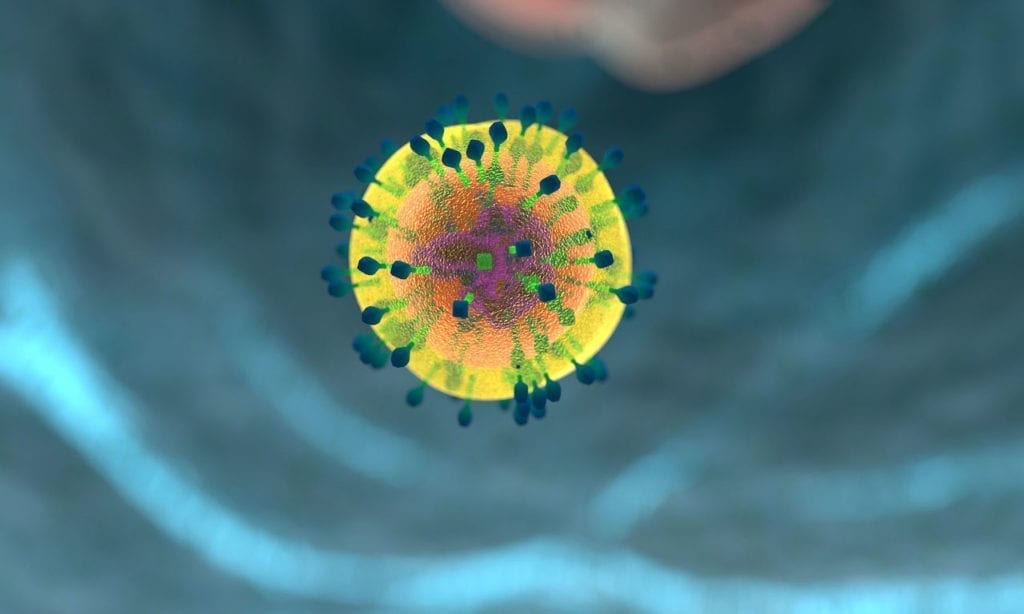According to a story from Pancreatic Cancer Action Network, there are a wide variety of different treatment approaches for cancer; however, the effectiveness of these treatments so far has been limited in pancreatic cancer, which is widely regarded as one of the most dangerous forms. One approach that has gained popularity in treating cancer in recent years is immunotherapy. Immunotherapies work by triggering the patient’s own immune system and allowing it to identify, attack, and ultimately destroy cancer cells.
About Pancreatic Cancer
Pancreatic cancer is one of the most dangerous forms of cancer. The disease affects the pancreas, which is a glandular organ that is situated behind the stomach. Part of the reason that this disease is so dangerous is that it rarely produces noticeable symptoms until it has reached an advanced stage and begun to spread. However, even when detected earlier, it is difficult to treat effectively. Risk factors for pancreatic cancer include being male, old age, African-American ancestry, family history, smoking, obesity, diabetes, chronic pancreatitis, and a diet heavy in red meat, processed meat, or meat cooked at very high temperatures. Symptoms include depression, upper abdominal pain, jaundice, diabetes, constipation, weight loss, and appetite loss. Treatment approaches for this cancer include surgery, chemotherapy, and radiation therapy. Even with heavy treatment, pancreatic cancer almost always returns. The five year survival rate is just five percent. To learn more about pancreatic cancer, click here.
Immunotherapy and Pancreatic Cancer
Currently, the impact of immunotherapies in treating pancreatic cancer has been limited, but it doesn’t mean that there will never be an effective immunotherapy for treating the disease. The process of getting immunotherapies to work involves successfully allowing immune system cells to recognize the cancer tumor as a threat, getting them in close proximity to the tumor, and then circumventing any mechanisms that are preventing the immune cells from working.
This last step is critical and can be more difficult than one might imagine; cancer cells utilize many clever methods to evade detection by the immune system. Pancreatic cancer is very good at this, and the immune system needs a significant trigger in order to attack the tumor.
Some immunotherapy techniques include vaccines, adoptive cell transfer (in which immune cells are extracted from the patient, modified to recognize cancer, and reintroduced into the body), and checkpoint inhibitors, which undermine the mechanisms that cancer uses to stay hidden. The checkpoint inhibitors can be effective for some pancreatic cases in which the tumor has certain characteristics: defective DNA mismatch repair (dMMR) or high microsatellite instability (MSI-high).
Unfortunately only a small number of cases carry these characteristics (one to three percent). In the meantime, there is steady ongoing research dedicated to developing immunotherapies that are useful for a larger number of patients. There are also several immunotherapies being tested against pancreatic cancer in clinical trials.






